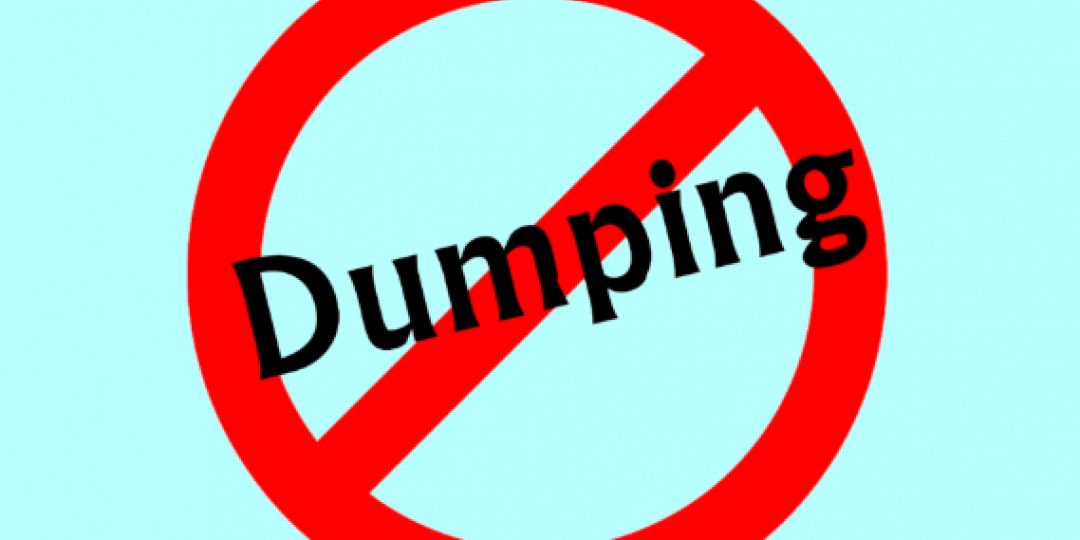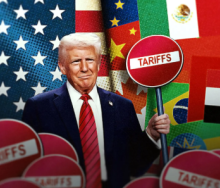The dumping of goods, a form of international price discrimination, is the practice of a supplier selling goods in the export market at a price lower than its domestic market.
Dumping is, therefore, an unfair business practice, actionable under domestic and international law when it causes, or threatens to cause, material injury to local manufacturers who produce identical or similar goods to the dumped import.
It is immediately obvious that anti-dumping duties are very necessary to protect the local market.
Anti-dumping investigations are conducted by the International Trade Administration Commission of South Africa (ITAC), and follows a precise procedure that includes a detailed documented application, the initiation of an investigation via a Government Gazette notice, receiving responses from affected parties and the verifying of information, a preliminary determination by the Commission, a final determination and recommendation to the Minister of Trade & Industry and, finally, the implementation of the decision through publication in the Government Gazette.
- Read the full opinion piece in our "Columns" section.













